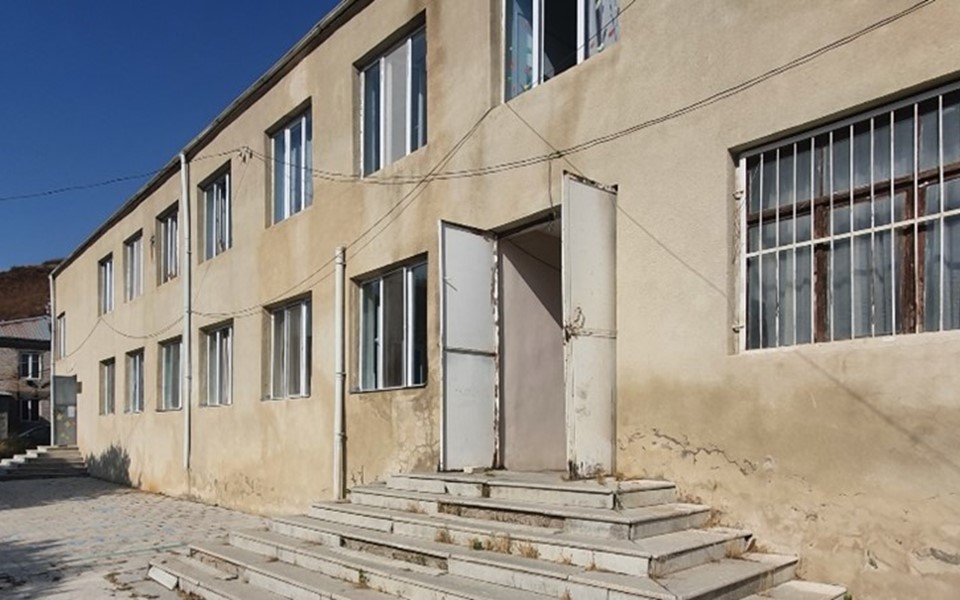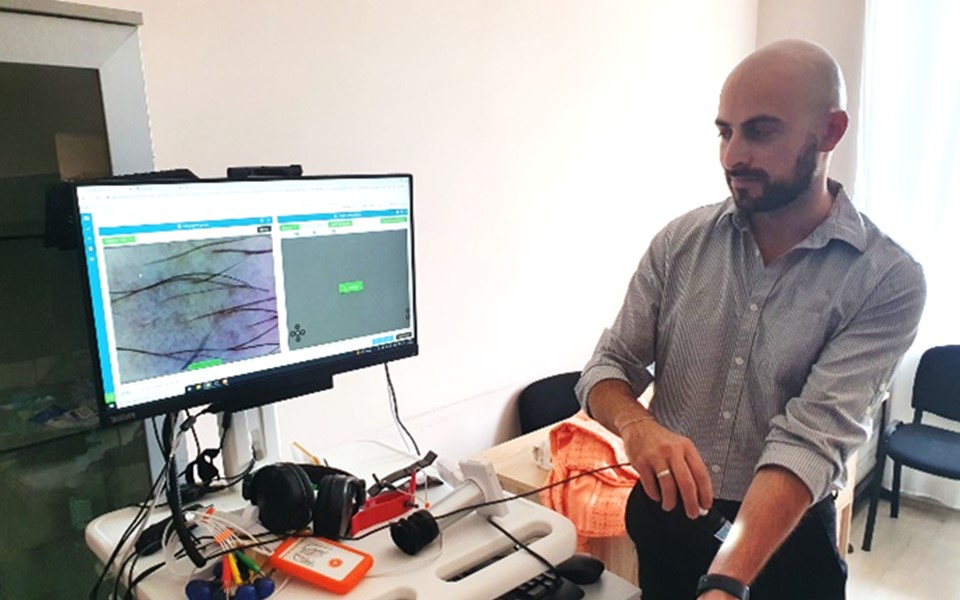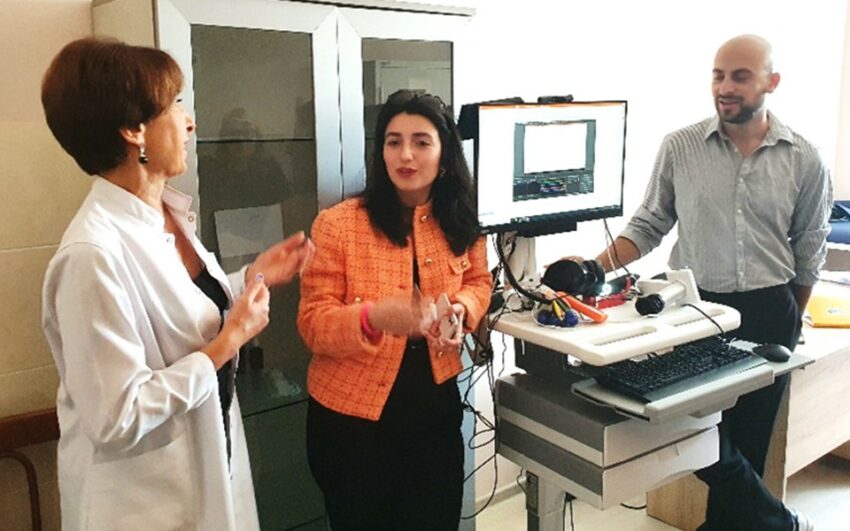In August 2022, the World Health Organization (WHO) contacted Health Education England’s (HEE) Collaborating Center requesting support with the provision and implementation of a telehealth solution for rural Georgia.
Georgia lies on the Black Sea at the intersection of Europe and Asia and is characterised by extremes of rurality, of mountains and vast open plains, with only one third of the population living in urban areas such as the capital, Tbilisi.
Like many European countries, there is a steady migration of younger populations from these rural areas to cities, which are more attractive to a younger demographic and offer better paid employment opportunities.
This drain from rural areas presents challenges, particularly in health, where there is an acute shortage of rural primary care doctors and a deskilled nurse workforce. Combined with an ageing workforce, these factors present a “perfect storm” for primary health provision in Georgia.
However, at the beginning of the COVID-19 pandemic, the Georgian Ministry of Health (Ministry of Internally Displaced Persons from the Occupied Territories, Labour, Health and Social Affairs of Georgia), with support from the European Union, made the decision to fund telehealth solutions for the benefit of rural communities. This resulted in the purchase of telehealth equipment to support the provision of rural primary health and connect primary health doctors with specialists. However, the implementation has seen setbacks such as connectivity/Wi-Fi in rural health centres, lack of appropriate clinical pathways, and the workforce not having relevant digital skills and capabilities.

As the TEL representative to HEE’s WHO Collaboration Centre, I had the enormous privilege of forming part of a WHO delegation to Tbilisi, the capital of Georgia, in September 2022. The delegation included colleagues from the NHS in Scotland, which shares similar challenges of rurality to Georgia, colleagues from HEE’s Global team, and colleagues from the WHO.
Like most WHO missions, the days were long and intense. However, there is nothing more rewarding than being able to learn from others and share our own experiences from the UK, and this visit was no exception. We met many health workers and stakeholders involved in the implementation of telehealth to learn from their experiences whilst sharing our own work and knowledge from the UK.
As well as these meetings, we were able to visit some of the rural primary health centres and see the telehealth equipment in use. As a TEL representative, I of course took the opportunity to use some of our immersive equipment, provided to me by TEL’s Simulation and Immersive team, to film 360 videos of the locations and equipment. These short learning films will be made available in the future so everyone can experience rural Georgian healthcare!
The key challenges identified from these visits appear to be the need for coordination across departments involved in the implementation of telehealth; the need for significant improvements to connectivity in rural settings (the 4G networks were excellent, so why not use them?); addressing the workforce capabilities through development of a comprehensive digital skills and capabilities framework; and developing effective clinical pathways where telehealth can complement the existing health provision.
These challenges are not insignificant but are not unique to Georgia and are challenges we have faced both in England and Scotland when implementing telemedicine and telehealth solutions for remote communities. Indeed, some of these challenges still remain here in the UK, particularly around digital skills and capabilities, so we have much to learn from the Georgian experience as well.
Some of the richest conversations happened after the formal meetings and presentations ended, where over incredible Georgian food (arguably some of the best in the World!) we shared stories about our respective health systems, about our ways of working, and of course stories about our lives. It’s in these conversations that you really get to know people, to build relationships, and to build trust. I will stay in contact with some of these people for the rest of my life and I know that because of these conversations, the delegation from the UK and Scotland will be able to better support Georgia on their journey to implementing telehealth for everyone who needs it.

